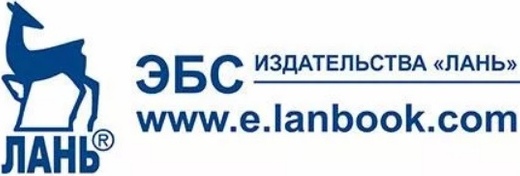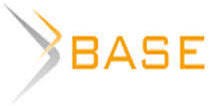LIBERALIZATION OF THE MARKET OF SERVICES AS A CONDITION FOR FORMING THE DYNAMIC ADVANTAGES OF COUNTRIES
The relevance of the topic is determined by the need to form the dynamic advantages of countries, the basis of which is the liberalization of the services market.
The subject of the study is the liberalization of the services market through expanding access to the world market with the use of development potential, multilateral negotiations, regional and mega-regional trade agreements.
The aim of the research is to develop the theoretical foundations for the liberalization of the services market, to identify the features and opportunities for obtaining dynamic advantages by services exporting countries, taking into account the regulatory regime of the services market; to substantiate the possibility of forming the dynamic advantages of countries.
The methodological basis of the research is a systematic approach, methods of analysis and synthesis, subject-object, quantitative and qualitative, a historical and logical analysis.
The results of the research are based on the identification of trends in the development of the world market of services, the opportunities for market liberalization are defined and prospective directions for the liberalization of services are proposed with the aim of forming the dynamic advantages of countries.
Scope of the results: development of strategic directions for the liberalization of the services market in order to enter global value chains and expand access to the global services market through participation in regional and mega-regional agreements.

















While nobody left any comments to this publication.
You can be first.
1. Database the OECD and WTO on trade and value added. 2016. URL: http://bit.ly/1u1ZIKY.
2. Hodge, James, Liberalization of trade in services in developing countries. 2016.URL:http://siteresources.worldbank.org/INTRANETTRADE/Resources/Pubs/Handbook_rs_Hodge_ch24.pdf
3. Origi, V. Union state of Russia and Byelorussia: tendencies and problems of development of economic integration// World of change. 2011. № 3. Pp.165-178.
4. Origina, V. V. Interregional cooperation as a form of economic integration in the conditions of globalization of the world economy: opportunities for Belarus / V. Ozhigina// Belarus and international economic processes. Collection of scientific articles / Scientific publication. Minsk: BSU. 2008. Pp. 97-106.
5. Pranevich, A. A. Theoretical foundations and international experience in institution-building competitive relations / A. Pranevich// Economic Bulletin of the University. Collection of scientific works of scientists and graduate students. 2013. №21-1. Pp. 176-182.
6. Teece, D. J. The economic benefits from knowledge assets: the new economy», markets for knowhow and intangible assets // Russian management journal. T. 2. 2004. № 1. Pp.95-120.
7. Teece, D. J., Pisano G., E. Shuen Dynamic capabilities of the firm and strategic management // Vestnik of Saint Petersburg University. Episode 8 «Management». 2003. № 32.
8. Harsha, S. Vardhana the challenges ahead for services trade: what you need to know to developing countries? 2016. URL: http://www.ictsd.org/bridges-news/
9. Shkutko, O.N. International franchising: current trends and world experience / O. Shkutko // Economic Bulletin of the University. Collection of scientific works of scientists and graduate students. 2015. №26-1. Pp. 100-106.
10. Shkutko, O.N. The export potential of the Republic of Belarus: directions of improvement and optimize / O. Shkutko // Economic Bulletin of the University. Collection of scientific works of scientists and graduate students. 2013. №21-1. Pp. 141-149.
11. PTA policies for development: a handbook / ed. by J. Chauffour, J. Maur / World Bank.Washington D.C.: World Bank. 2011. 536 p.
12. RTA Database// WTO. 2016. URL: http://rtais.wto.org.
13. Services rules in regional trade agreements. How diverse and how creative as compared to the GATS multilateral rules. Staff Working Paper ERSD-2012-19. WTO. 2016. URL: http://rtais.wto.org.
14. The Interaction between Investment and Services Chapters in selected regional trade agreements inInternational Investment Law: Understanding Concepts and Tracking Innovations. 2008. OECD.
15. World trade report 2011: WTO and PTAs: from co-existence to coherence / WTO. –Geneva: WTO. 2012. 256 p.